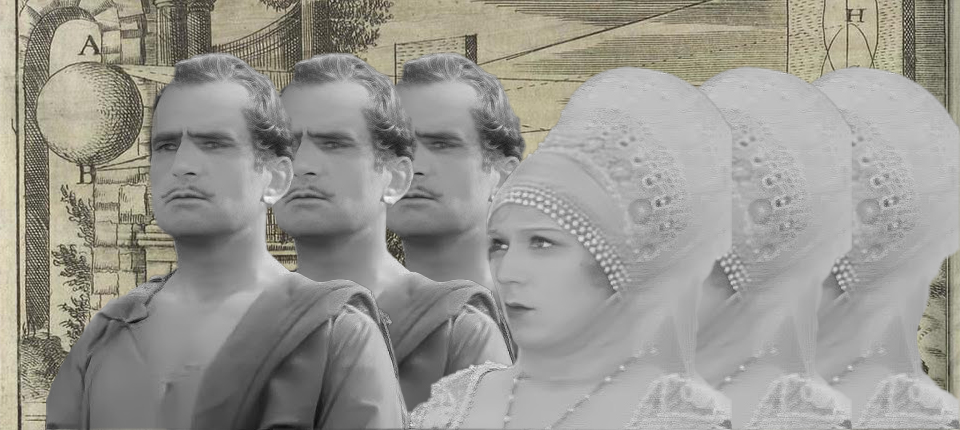A nonfiction-based novel that describes autofiction as “the worst possible crime an author can be accused of today”, Undiscovered is a blistering yet surprisingly tender engagement with some of the most highly debated issues of our moment: cultural appropriation, xenophobia and internalized racism, migration, decolonization, family legacies and sexual mores. The original Spanish title, Huaco retrato (2021), refers to the pre- Incan Moche ceramics with human features that the narrator remembers from school trips as a child; she meets them again in an opening scene set in the Musée du Quai Branly in Paris, where she reveals an inconvenient truth that gives the novel its unusual tonal and conceptual complexity. For the narrator, like the author, is the descendant of an Indigenous Peruvian woman and the Austrian-French explorer Charles Wiener, who on an expedition to Peru and Bolivia in 1875 plundered some 4,000 artefacts and left behind (perhaps unbeknown to him) an unacknowledged child. Writing from this bifurcated bastard lineage in a novel whose empathy extends to a whole range of marginal figures – including Charles – Gabriela Wiener grapples with questions of split inheritance, colonial mentalities, family responsibilities and contemporary migration.
Undiscovered contains many threads, none of them straightforward. Ostensibly a book about the legacies of colonialism, it is also a meditation on loss (grieving the death of her father, Wiener discovers his secret second family in Lima, a fiction he maintained, incredibly, by means of an eye patch), on contemporary sexual mores (the bisexual polyamorist Wiener is dismayed to find herself having a conventional affair) and on migration (Weiner reflects on her experiences of racism in Lima and Madrid, foregrounding the plight of migrants from Europe’s former colonies – most memorably in her surprisingly funny account of a workshop titled “Decolonize Your Desire”).
The author writes from a place of conviction that also leaves room for plenty of provocative contradictions, which makes for a far more lyrical, empathetic, entertaining and sometimes hair-raising reading experience than its set-up would suggest. (Its rowdy set of registers is beautifully captured in Julia Sanches’s translation.) Through its teeming styles and genres – chapters made up of diary entries, poems, essays, emails, letters and video chats – Wiener helps the reader to see those relegated to the blind spots of history and the present, but she also, quite movingly, finds a way to have those subjects elude our grasp, as in the novel’s haunting final image, in which a character slides out of view into a story of their own.
The post An inconvenient truth appeared first on TLS.

 By Times Literary Supplement | Created at 2024-10-29 21:41:40 | Updated at 2024-10-30 15:22:32
2 weeks ago
By Times Literary Supplement | Created at 2024-10-29 21:41:40 | Updated at 2024-10-30 15:22:32
2 weeks ago



